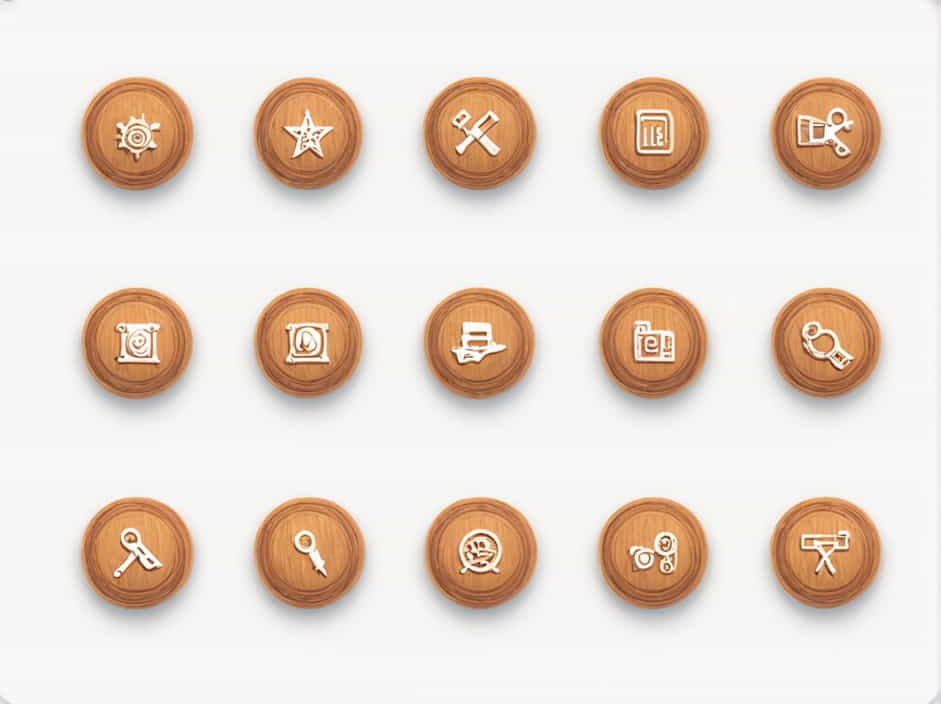The word autocrat refers to a ruler or leader who has absolute power and control over a nation, organization, or group. Autocrats often make decisions without consulting others, exercising complete authority.
If you’re looking for the best synonym for “autocrat,” there are several words with similar meanings, each with subtle differences. This topic explores the top synonyms for autocrat, their definitions, and how they are used in different contexts.
What is an Autocrat?
An autocrat is a person who rules with unlimited power, often disregarding the opinions and rights of others. Autocratic leadership is commonly seen in authoritarian governments, corporate structures, and even in personal relationships.
Characteristics of an Autocrat
- Absolute authority – They make decisions without opposition.
- Lack of democracy – They do not allow others to participate in decision-making.
- Strict control – They enforce rules and policies without question.
Understanding synonyms for “autocrat” helps expand vocabulary and improves comprehension of historical, political, and leadership-related discussions.
Best Synonyms for Autocrat
1. Dictator
A dictator is a leader who holds absolute power, often ruling with an iron fist. Unlike an autocrat, a dictator typically gains control through force or political manipulation.
Example sentence: “The country suffered under the rule of a brutal dictator for decades.”
2. Tyrant
A tyrant is an oppressive ruler who abuses power, often causing harm to their people. Tyrants are known for ruling unfairly and harshly.
Example sentence: “The people rebelled against the tyrant who imposed unreasonable laws.”
3. Despot
A despot is a ruler with absolute power who often governs in a cruel or oppressive way. The term is usually negative and implies harsh governance.
Example sentence: “The despot controlled the country with fear and violence.”
4. Monarch
A monarch is a sovereign ruler, such as a king or queen. While some monarchs have absolute power, others rule under constitutional limitations.
Example sentence: “The monarch was respected for maintaining peace in the kingdom.”
5. Authoritarian
An authoritarian leader demands strict obedience and limits personal freedoms. This term applies not only to rulers but also to managers and leaders in organizations.
Example sentence: “The company’s authoritarian CEO made all decisions without employee input.”
6. Totalitarian
A totalitarian leader controls every aspect of life, including politics, media, and personal freedoms. This term is often associated with extreme regimes.
Example sentence: “The totalitarian government monitored every citizen’s activity.”
7. Sovereign
A sovereign is an independent ruler with supreme authority. The term is often used in a neutral or positive way compared to “autocrat” or “dictator.”
Example sentence: “The sovereign ruled the nation wisely for many years.”
8. Czar (Tsar)
A czar was historically the ruler of Russia but is now used to describe someone with great power in a specific field.
Example sentence: “The new drug czar enforced strict policies on substance control.”
9. Overlord
An overlord is someone who has authority over others, often with total control. It can be used literally for rulers or metaphorically for dominant figures in business and society.
Example sentence: “The corporate overlord made all financial decisions for the company.”
10. Boss
While less extreme than “autocrat,” the word boss can describe someone who acts with absolute authority, particularly in a workplace setting.
Example sentence: “His boss was known for making unilateral decisions without consulting employees.”
How to Choose the Right Synonym?
Different synonyms for “autocrat” have unique connotations. Here’s how to choose the right one based on context:
- For historical or political discussions: Use dictator, tyrant, despot, totalitarian, monarch
- For business and leadership contexts: Use authoritarian, boss, overlord
- For metaphorical or informal use: Use czar, boss
Each word carries a different weight in meaning. For example, “dictator” and “tyrant” have strongly negative implications, while “monarch” and “sovereign” can be neutral or positive.
The Role of Autocratic Leadership in Society
While autocratic leadership is often criticized, it has both advantages and disadvantages.
Advantages of Autocratic Leadership
- Quick decision-making – Decisions are made without lengthy debates.
- Strong leadership – A clear chain of command ensures stability.
- Efficiency – In times of crisis, a single leader can implement immediate solutions.
Disadvantages of Autocratic Leadership
- Lack of freedom – People have little or no say in decisions.
- Potential for abuse – Absolute power can lead to corruption and oppression.
- Low morale – People under autocratic rule may feel unmotivated or restricted.
Famous Autocrats in History
- Julius Caesar (Rome) – Expanded Rome’s empire but ruled as a dictator.
- Napoleon Bonaparte (France) – Seized power and declared himself emperor.
- Joseph Stalin (Soviet Union) – A totalitarian leader known for extreme control.
- Adolf Hitler (Germany) – A dictator responsible for one of history’s darkest periods.
Understanding these historical figures helps illustrate how autocratic leadership can shape nations and societies.
The word “autocrat” describes a leader with absolute power, but many synonyms provide different shades of meaning. Dictator, tyrant, despot, monarch, authoritarian, and sovereign are among the best alternatives, each with specific implications.
Choosing the right synonym depends on the context, whether discussing history, politics, business, or daily life. While autocratic leadership has some benefits, it often leads to oppression and limited freedom. Expanding vocabulary with these synonyms enhances communication and understanding of leadership styles.
